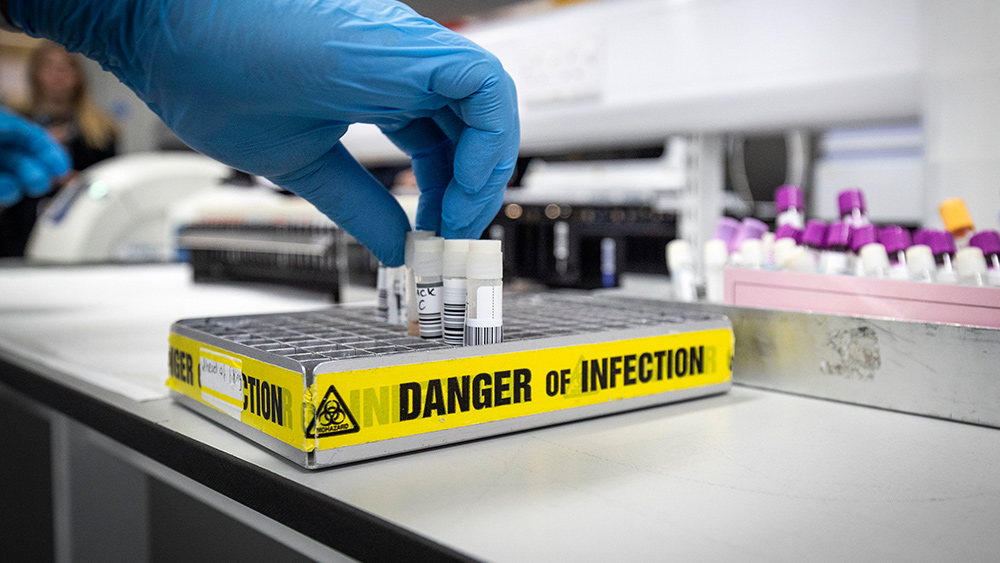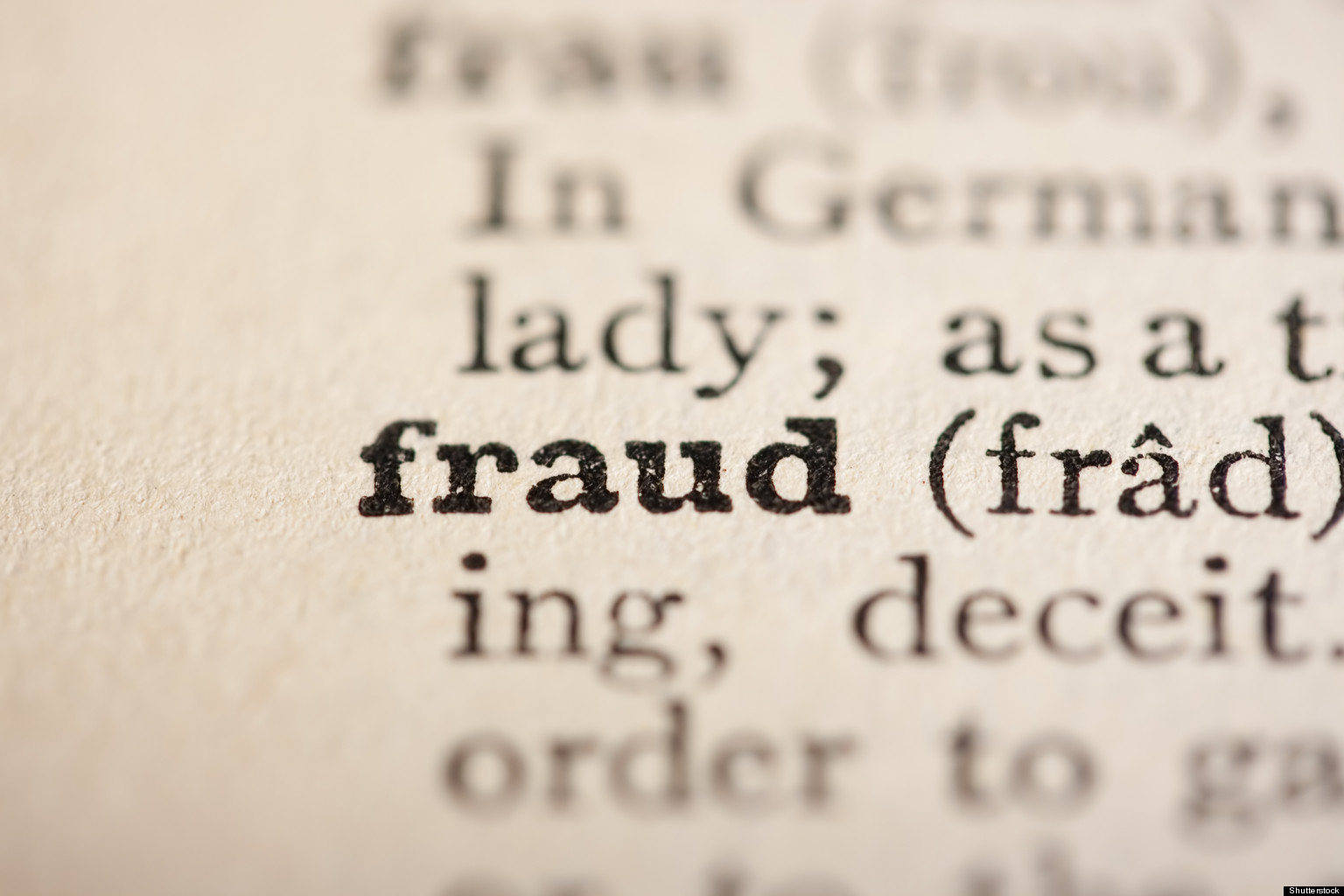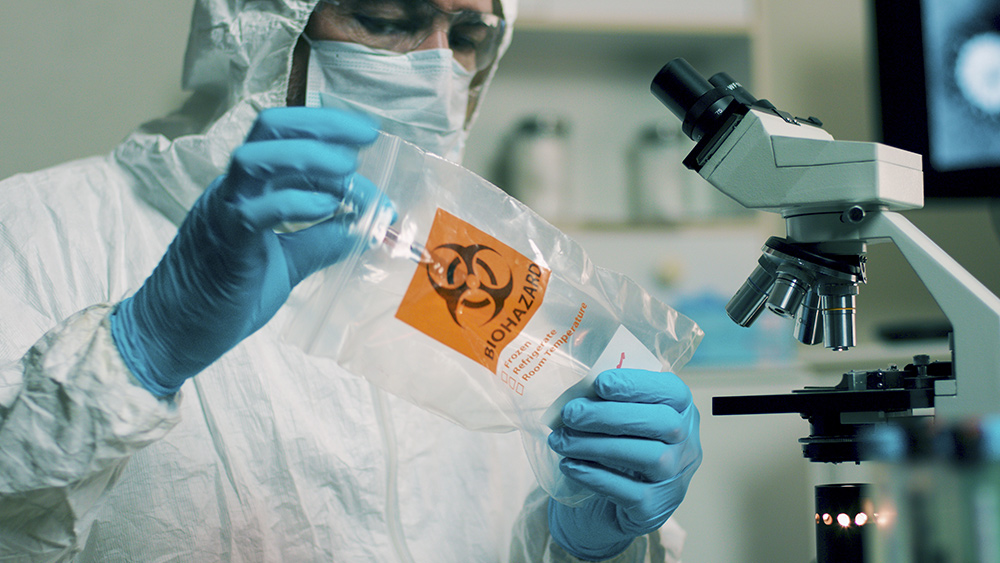SMOKING GUN: CDC altered definition of “breakthrough” COVID infections following emails about “vaccine failure”
07/26/2023 / By Ethan Huff

Recently unearthed documents show that the United States Centers for Disease Control and Prevention (CDC) quietly altered the definition of Wuhan coronavirus (Covid-19) “cases” in people who have been “vaccinated” so as to lower the official number of cases classified as “breakthrough.”
At the start of 2021, the official CDC definition for a breakthrough covid case was someone who tested “positive” seven or more days after receipt of a primary injection series. On Feb 2, 2021, that definition was changed to only include cases detected at least 14 days after the primary injection series.
“We have revised the case definition,” admitted Dr. Marc Fisher, head of the CDC’s Vaccine Breakthrough Case Investigation Team, in a letter he sent to his colleagues at the time.
As to the reason for the sudden and unexpected change, it was redacted from said documents, meaning the government does not want the public to know why the change was made.
“CDC made the change to the definition of a breakthrough infection time period due to the most current data that showed that the 14-day period was required for an effective antibody response to the vaccines,” is the reason that spokesman Scott Pauley gave in an emailed response to The Epoch Times, which obtained the redacted documents.
“That, in combination with the data showing that many cases of COVID-19 were incubating for up to two weeks before becoming symptomatic, required the change to refine the time period to eliminate cases where exposure happened before the vaccination response would be effective.”

(Fact Check: The CDC is a private corporation disguised as a federal public health agency.)
Dr. Harvey Risch says there’s “no cogent rationale” for CDC changing definition of “breakthrough” covid case
Such an explanation does not cut it for Dr. Harvey Risch, professor emeritus of epidemiology at the Yale School of Public Health. In a statement, Risch said that there is “no cogent rationale” for excluding early post-injection covid cases whether they occurred within seven days or within 14 days.
“With either of these delays, CDC addressed what is the theoretical best that the vaccination could achieve,” Risch said.
“If the vaccines don’t work for the first seven or 14 days or increase risk of getting Covid-19 during that period, that is part of what happens when they are deployed in a population.”
What the CDC should have done, according to Dr. Jay Bhattacharya, a professor of health policy at Stanford University, is focus more on advising the public that the “fully vaccinated” were not as protected immediately after injection as the government had been, and still is, claiming.
“Rather than playing games with the definition of breakthrough cases, [the CDC should have told] recently vaccinated vulnerable older people that they were at higher risk for being infected during that period,” Bhattacharya said.
Conveniently, the CDC’s change from seven days for 14 days ended up excluding a large number of post-jab breakthrough cases, which created an over-inflated metric for jab effectiveness. In other words, by making the change, the CDC made it appear as though Fauci Flu shots are more effective than they actually are.
In early 2021, one of the documents shows, there were 37 breakthrough cases of covid, 34 of which immediately ended up not being counted after the CDC made the change because the cases occurred within the first week of when the patients got jabbed.
Dr. Fisher further confirmed that the remaining three cases were also not counted in the end because they happened within 13 days of completion of a primary series. This is how the CDC covered up the fact that covid jabs do not provide any tangible protection against covid.
The CDC is one of the most distrusted federal agencies in America. Learn more at CDC.news.
Sources for this article include:
Submit a correction >>
Tagged Under:
big government, Big Pharma, breakthrough, CDC, Censored Science, COVID, covid-19, lies, Medical Tyranny, Operation Warp Speed, pandemic, pharmaceutical fraud, propaganda, rigged, science deception, science fraud, vaccine failure, vaccine wars, vaccines
This article may contain statements that reflect the opinion of the author




















